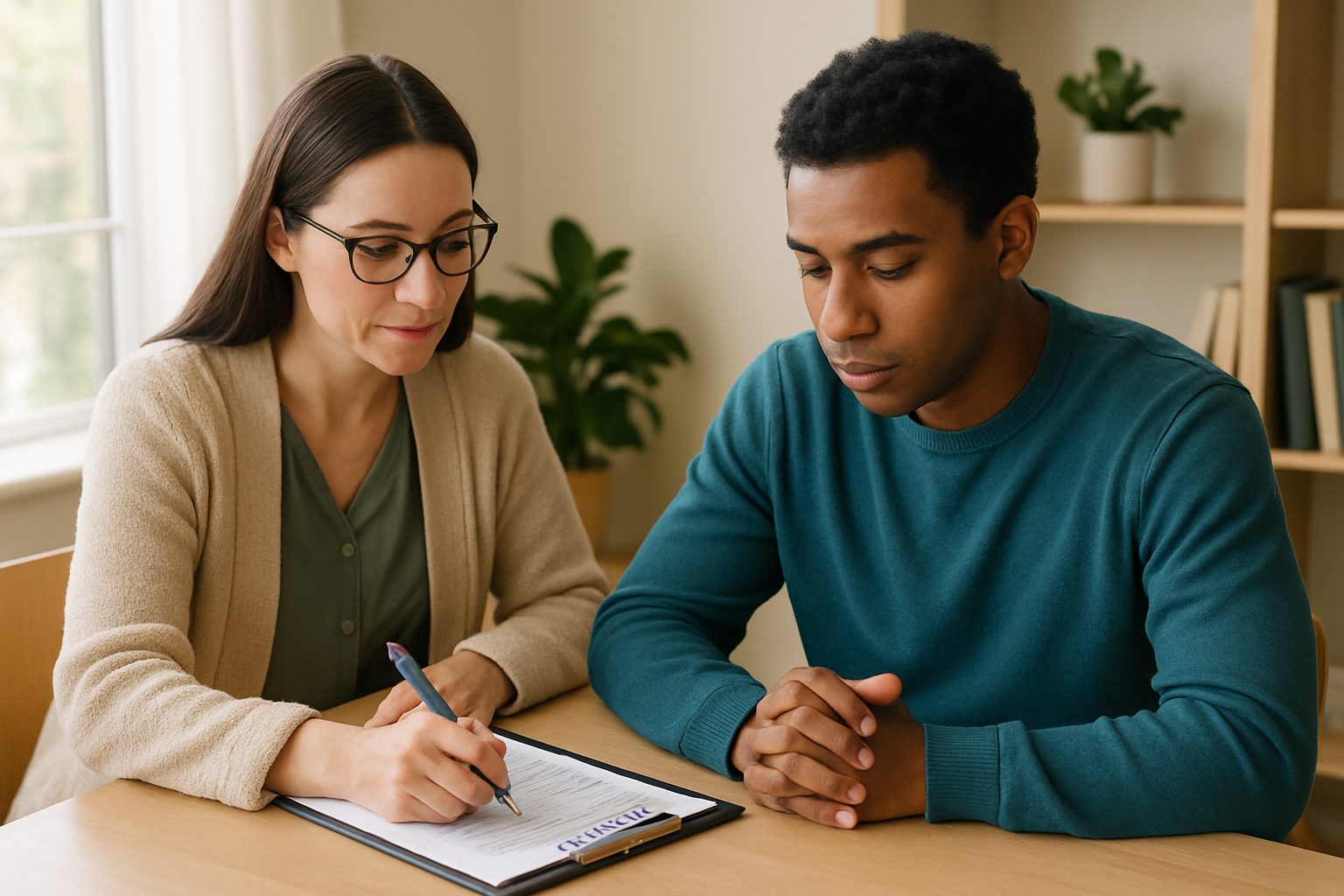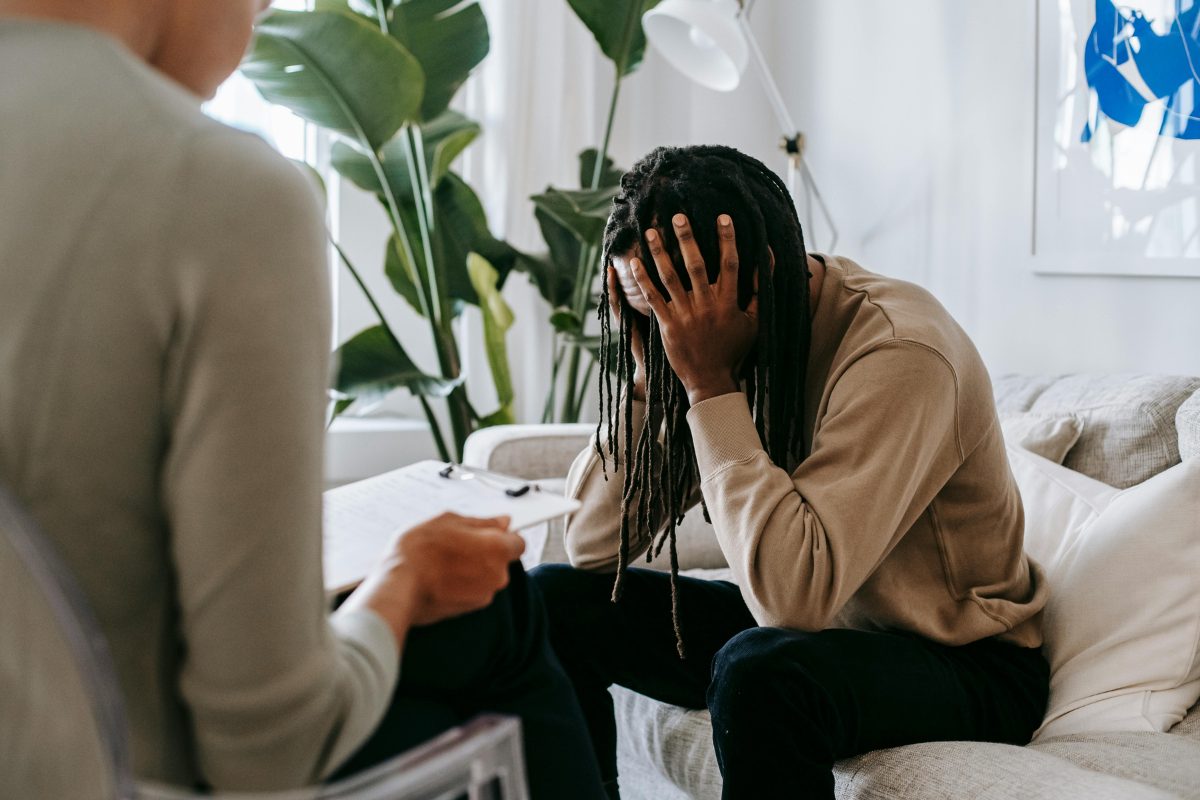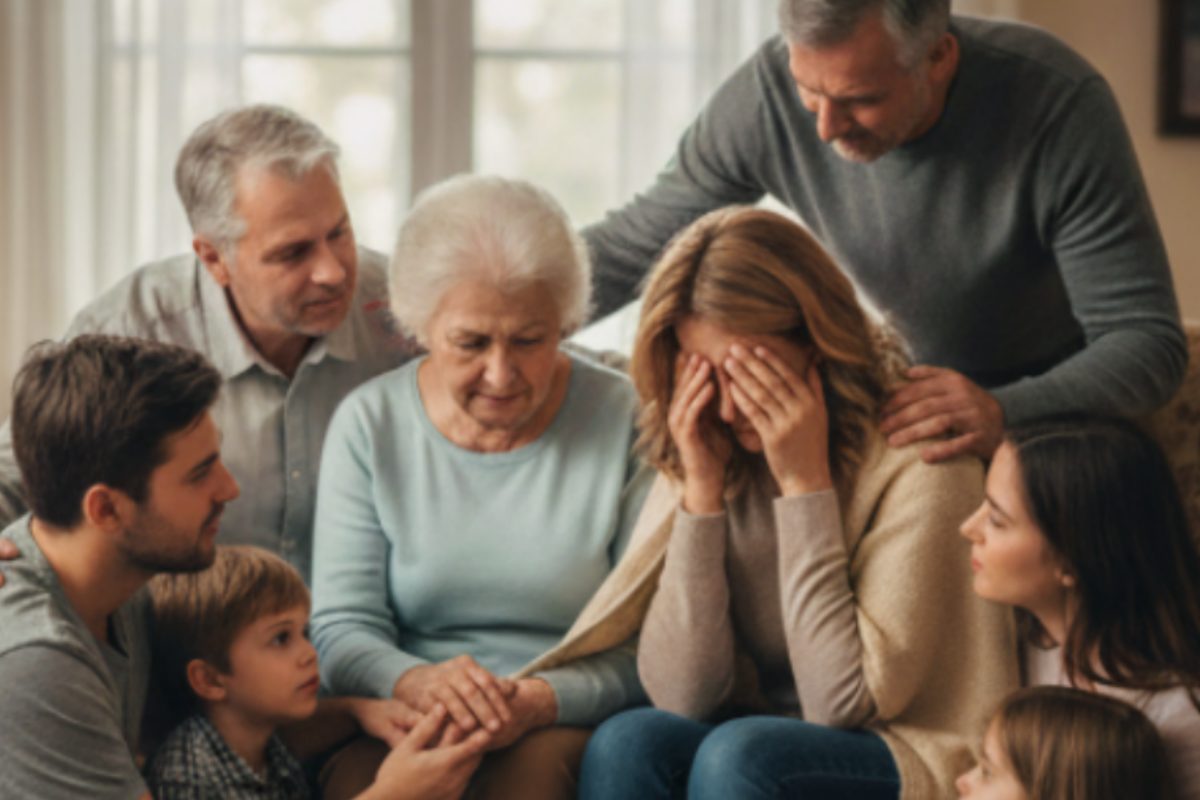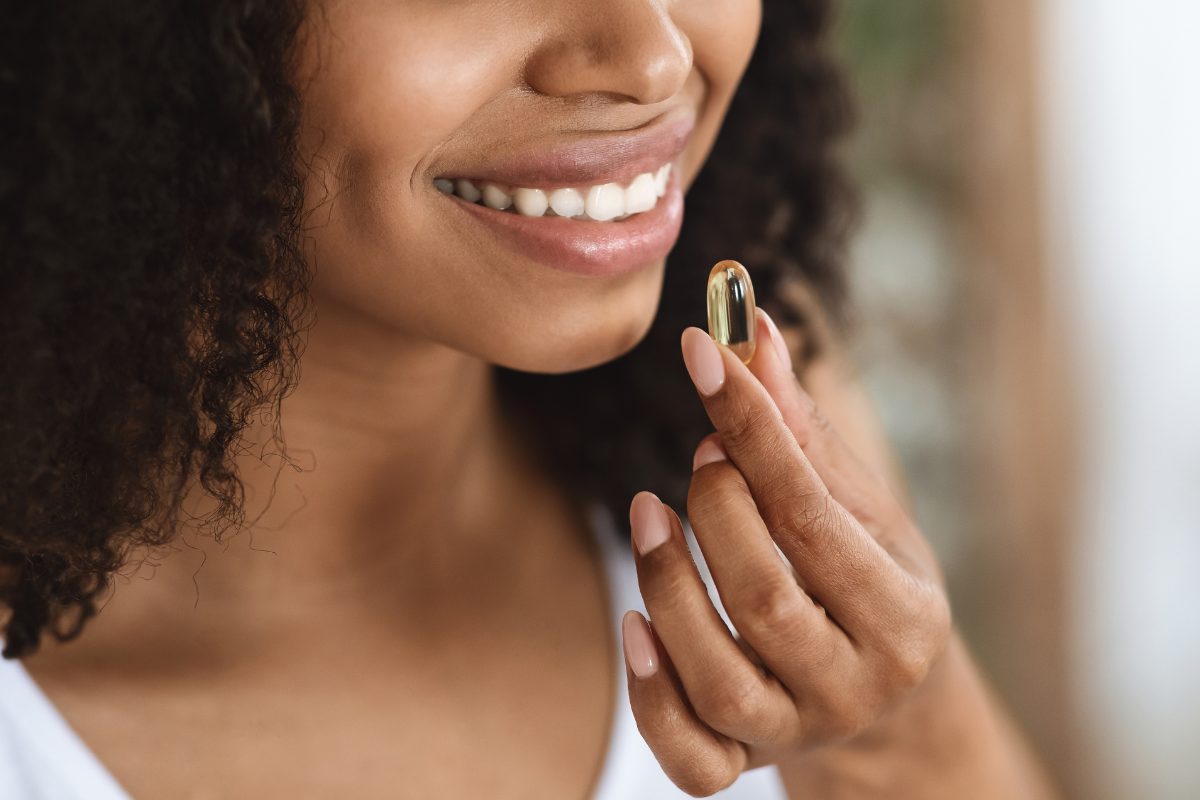Blog > Treatment Strategies > Life Skills Activities & Group Therapy Activities for Adults
Life Skills Activities for Group Therapy with Adults
This blog post explores a variety of engaging life skills activities designed for use in adult group therapy settings. It covers exercises that promote communication, emotional regulation, problem-solving, and daily living skills, helping participants build confidence and independence. Clinicians will find practical, easy-to-implement ideas to foster growth and connection in a supportive group environment.

Last Updated: August 14, 2025


What You'll Learn
-
Practical life skills activities that work well in adult group therapy sessions.
-
Strategies to encourage communication, cooperation, and problem-solving among participants.
-
Ways to adapt activities for different group sizes, needs, and therapeutic goals.
-
Tips for creating a supportive environment that promotes skill-building and confidence.
As a group therapist, you can help teach adult clients how to make daily tasks more manageable, which makes their lives more enjoyable. Life skills activities for adults are an important topic for clients recovering from substance abuse, addiction, and other life-altering events. Tackling these topics in group therapy allows individuals to unite over similar experiences and create a support system for each other.
Find out how life skills activities and mental health group activities for adults are connected and learn some new activities to add to your group therapy sessions.
Benefits of Using Life Skills Activities in Mental Health Group Therapy
Active participation in life skills therapy is endlessly beneficial for individuals who are working through substance abuse recovery. While each individual will benefit from life skills therapy in their own way, here are some of the most common benefits of using life skills activities in group therapy.

Encourage a Focus on Recovery
People who struggle with substance abuse form a “bond” with the substances they're using and it becomes the most important thing in their lives. Their other responsibilities and worries often get pushed to the back of their minds, and forgotten. Life skills activities help people recovering from addiction place more focus on the recovery process. It helps clear their minds and teaches them how to put their attention on other things.
Gain Financial Stability
People who struggle with substance abuse form a “bond” with the substances they're using and it becomes the most important thing in their lives. Their other responsibilities and worries often get pushed to the back of their minds, and forgotten. Life skills activities help people recovering from addiction place more focus on the recovery process. It helps clear their minds and teaches them how to put their attention on other things.
Promote Healthy Habits
There are numerous adverse health effects of addiction, including malnutrition and liver, heart, and lung issues. Additionally, addiction can have a significant effect on your clients' mental health. Mental health disorders like schizophrenia, anxiety, or depression may exist prior to substance abuse, though the addiction can also worsen or trigger mental disorders. Life skills activities help clients learn healthy habits to help get their health back on track.
Build Social Skills
Many of your clients may use drugs or alcohol as a social crutch. They may find it challenging to engage in social situations when they're sober, so they use substances when socializing. Without that social crutch, many people might lack the necessary social skills to relate to others. Through life skills activities, clients learn communication methods that will allow them to build a social network.
FREE Download: Group Therapy Starter Kit
The Group Therapy Starter Kit is a comprehensive resource designed to help clinicians launch and manage effective group therapy sessions. It includes:
- Guides and Checklists: Step-by-step guides on starting a therapy group, maintaining its flow, and assessing client suitability.
- Session Resources: Templates for session structure, including warm-up activities, main intervention periods, and cooldowns.
- Activity Ideas: A curated list of top activities, such as skill-building and conflict resolution exercises, tailored to engage group members.
- Risk Management Tools: Tips on handling group dynamics, confidentiality concerns, and potential triggers.
- Practical Templates: Session feedback forms, ground rules, and note-taking templates to streamline documentation and group management.
Clinicians should download this kit to streamline the setup and administration of group therapy, access proven techniques for managing group dynamics, and benefit from structured templates that make group sessions more effective and manageable.
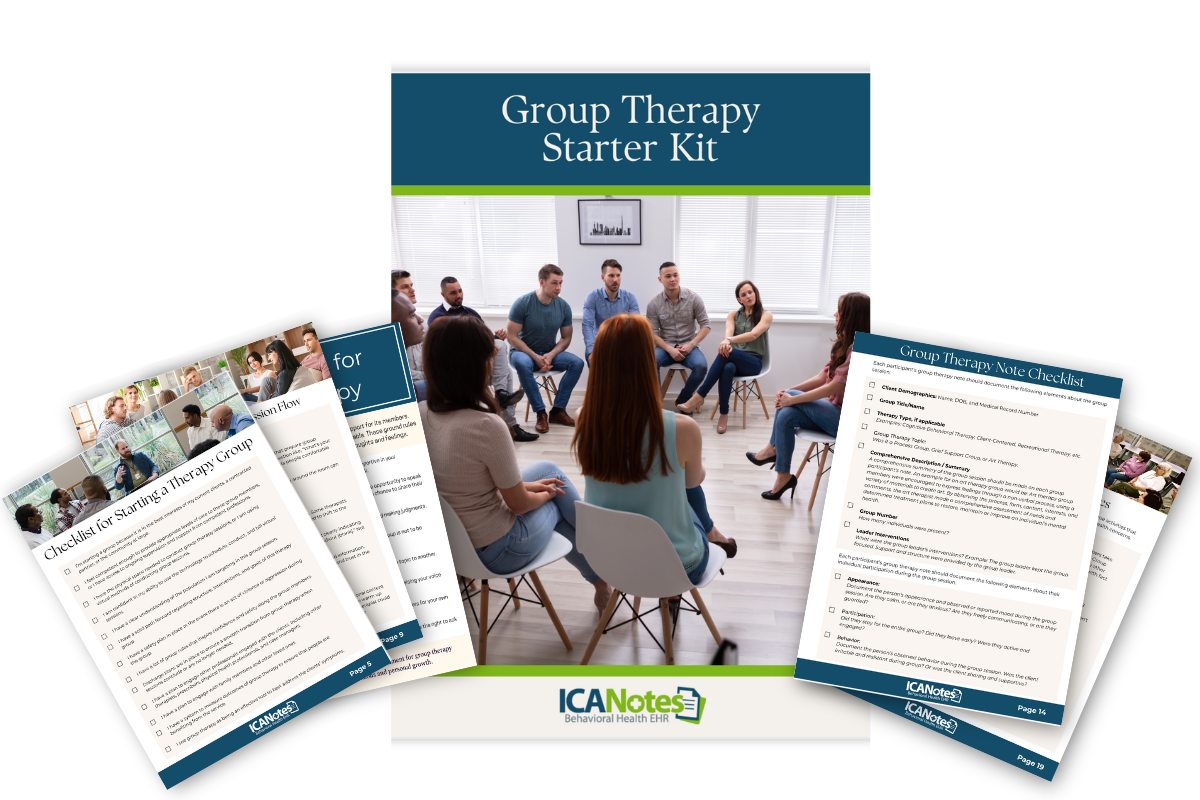
Important Life Skills to Build
As a therapist, you help clients build important life skills so they can make progress toward their personal growth. Building critical life skills helps ensure clients are able to live a healthier, more successful life after treatment. There are numerous types of life skills activities you can incorporate into your group therapy sessions. Here are four areas of life skills that are a common focus in life skills therapy:
- Household responsibilities: Effectively running a household is typically not a focus for individuals fueling an addiction. It's often easy to forget about cleaning and organizing when they are preoccupied with feeding their addiction. Building the necessary skills to handle common household responsibilities is crucial. In addition to learning how to do tasks like laundry, dishes, and washing the floors, you can help your clients understand the importance of a clean, well-maintained living space.
- Emotional regulation: For many clients, recovery will be a stressful and emotional journey. It will be easy for them to get overwhelmed and worked up over seemingly small situations, and they may not have the skills to properly control their emotions in stressful situations. During life skills therapy, it's important for clients to learn how to regulate their emotions. Building these skills helps individuals react appropriately to various situations.
- Coping mechanisms: To help prevent relapses from happening, your clients need to learn healthy coping mechanisms. Your life skills activity group therapy sessions can equip them with coping skills to enable them to effectively deal with relapse triggers and temptations. For example, you may teach them how to identify triggers, avoid high-risk situations and reduce stress with sober activities.
- Communication techniques: Many of your life skills clients may have isolated themselves from family and friends during substance use. Living in this manner can result in the inability to effectively communicate with loved ones. It's important for you to help them learn effective communication techniques so they know how to communicate their feelings and needs rather than suppressing them. It's also important for your clients to learn active listening skills so they can understand and consider other people's feelings.
Life Skills Activities to Practice in Group Therapy
So, what are life skills activities? In short, life skills activities are facilitated exercises and activities that encourage your clients to think about and practice critical life skills during group therapy.
Talking about these life skills will naturally be the first step to preparing your clients for using the skills. However, stopping there may leave them feeling unprepared to put those skills into practice in the real world. To help them practice valuable life skills in a safe, supportive setting, conduct activities in your group therapy session that require the use of these necessary life skills.
Consider how these ideas for mental health group therapy activities for adults can encourage the development of essential life skills.
Communication Exercises
Practicing effective communication skills can be challenging without guidance. Communication exercises in group therapy allow your clients to practice effective communication with your guidance. When clients lack experience with positive communication and active listening skills, your professional feedback and input can help them fine-tune their communication skills for real-life situations.
Consider how you can tailor communication exercises to your group therapy session. For example, help your clients practice active listening with a listen-and-draw exercise.
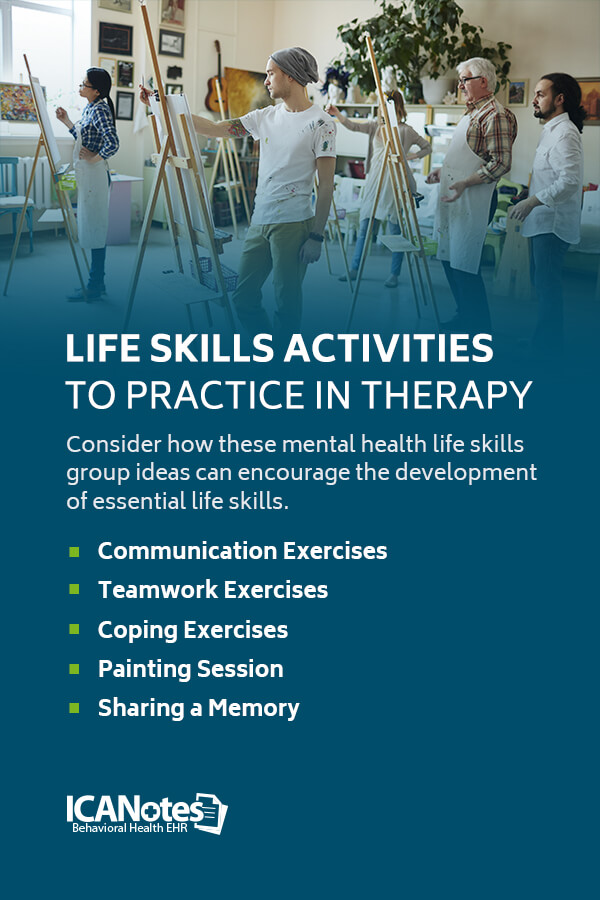
Each person in your group will get a piece of paper and a pen. You'll give them verbal step-by-step instructions to draw an object. As you say the steps, they will need to listen carefully and draw what you say. For example, the first step may be to draw a vertical rectangle that takes up the entire paper and the second step may be to divide the rectangle into four equal sections.
Your steps should increase in difficulty, requiring participants to listen carefully. When you've gone through all the steps to draw the object, compare the drawings to see who listened most accurately. This exercise helps your clients practice active listening so they can pay attention and internalize what others are communicating to them.
Another great communication exercise is a guessing game. Much like playing “20 questions,” think of an object and have group members ask you yes or no questions until they're able to determine the object you're thinking of. You can use this activity to help your clients learn the difference between closed questions and open-ended questions, and how each can affect their conversations. For example, open-ended questions allow others to more effectively communicate their thoughts and feelings with explanations.
Teamwork Exercises
Teamwork exercises encourage your clients to work together and allow for more opportunities to practice healthy communication. There are many exercises for partners and larger groups. For example, ask everyone to partner up and give each person a pen and paper. Each participant should write detailed instructions on how to do a simple task, like making a peanut butter and jelly sandwich. Remind them to think of every necessary step to complete the process. They'll then swap instructions with their partner and complete the task.
They can only use the instructions as written by their partner. They can't use any supplies or make any actions that aren't outlined in the instructions. For example, if “open the jar of jelly” was left out of the instructions, the person cannot complete that step. This exercise helps demonstrate the importance of communicating with clear statements and words.
Another great teamwork exercise involves cooking a meal together. Space allowing, have partners or small groups of participants to choose and cook a meal together. Cooking allows your clients to bond and learn how to work with others in a small space. Communication is key to maneuvering the kitchen and determining who will prepare what part of the dish. This teamwork exercise also helps your clients practice household responsibilities in the kitchen. For example, rather than leaving the dishes in the sink, they can practice cleaning up right away.

Coping Exercises
As we mentioned earlier, your clients may lack appropriate coping skills. In the past, they may have used drugs or alcohol to cope with stress and other emotions or situations. In your group therapy session, you can conduct coping exercises that provide them with alternative ways to cope with stressful or upsetting situations. They may not realize what other activities or hobbies they can use to cope, so this is your chance to give them ideas and suggestions.
For example, teach them that they can use activities they enjoy to destress. Exercising, painting, writing, dancing, playing an instrument, taking a walk, reading, going shopping, gardening or watching a movie are all great ways for your clients to take their minds off a stressful event.
Other coping exercises you can use during group therapy sessions include role-playing and making lists. In groups, ask your clients to act out difficult situations, under your direction, and have everyone identify what might be upsetting about it and how they could healthily cope with the events. It can also be helpful to talk through how and why negative coping mechanisms wouldn't be helpful in the given situations.
You can also have your group participants practice brainstorming solutions to upsetting events and listing the pros and cons of the decisions they make in response to those events. These exercises can help your clients see the potential consequences of their decisions while identifying more effective ways to cope.
Painting Session
There are many ways you can use a painting session in your life skills activity group. You can ask your clients to paint with specific prompts to help them visualize concepts or you may use it as a technique to help the group destress and be creative. For example, ask your clients to paint what their dream job would be. Then, have them turn the paper over and write three things they can do to make those dreams a reality.
When struggling with addiction, many of your clients may have looked for sources of guidance or relief. Prompt them by telling them to imagine they're lost at sea at night and are trying to row to a lighthouse seen glowing in the distance. If they make it to the lighthouse, there will be warmth, food, and a place to sleep. Ask them to think about who or what their sources of guidance or relief are in desperate times.
Have your clients paint a lighthouse to depict one of their sources of guidance. They can include words to help in their depiction, like family, faith, or friends. Painting sessions like these can help get your clients thinking about difficult topics in a new light.
Sharing a Memory
Addiction can be filled with many dark days, and many of your clients may choose to block those days out of their memories. Choosing to remember good days can serve as a reminder that there will be many more good days accompanying recovery. To celebrate and reminisce on some of your clients' good days, ask everyone to share one of their happiest memories.
Some people may feel inclined to talk longer than others, so it's helpful to set a timer for one or two minutes per person. If they don't need the entire minute to tell their story, allow other group members to ask questions for the remaining time. After each person shares their memory, allow other group members to comment on their own memories and feelings that came up as a result of hearing the story.
This life skills activity can help group members bond over their positive experiences, which is helpful in a group therapy setting, when people often only speak about failures or challenges.
Streamline Life Skills Activities in Group Therapy for Adults
Incorporating life skills activities into group therapy for adults can spark meaningful discussions about mental health and daily living. As you guide participants through exercises that build communication, coping, and problem-solving skills, accurate documentation ensures you capture client progress, insights, and plans for future sessions.
ICANotes offers customizable group therapy note templates designed to make documenting life skills activities quick, detailed, and compliant—so you can spend less time writing and more time engaging with your clients. Contact us at 443-347-0990 or schedule a live demo to see how ICANotes can streamline your group therapy workflow.
Start Your 30-Day Free Trial
Experience the most intuitive, clinically robust EHR designed for behavioral health professionals, built to streamline documentation, improve compliance, and enhance patient care.
- Complete Notes in Minutes - Purpose-built for behavioral health charting
- Always Audit-Ready – Structured documentation that meets payer requirements
- Keep Your Schedule Full – Automated reminders reduce costly no-shows
- Engage Clients Seamlessly – Secure portal for forms, messages, and payments
- HIPAA-Compliant Telehealth built into your workflow
Complete Notes in Minutes – Purpose-built for behavioral health charting
Always Audit-Ready – Structured documentation that meets payer requirements
Keep Your Schedule Full – Automated reminders reduce costly no-shows
Engage Clients Seamlessly – Secure portal for forms, messages, and payments
HIPAA-Compliant Telehealth built into your workflow
Frequently Asked Questions
Related Posts
Dr. October Boyles is a behavioral health expert and clinical leader with extensive expertise in nursing, compliance, and healthcare operations. With a Doctor of Nursing Practice (DNP) and advanced degrees in nursing, she specializes in evidence-based practices, EHR optimization, and improving outcomes in behavioral health settings. Dr. Boyles is passionate about empowering clinicians with the tools and strategies needed to deliver high-quality, patient-centered care.




